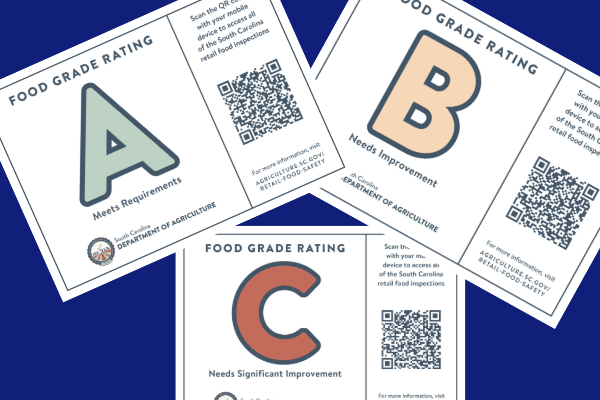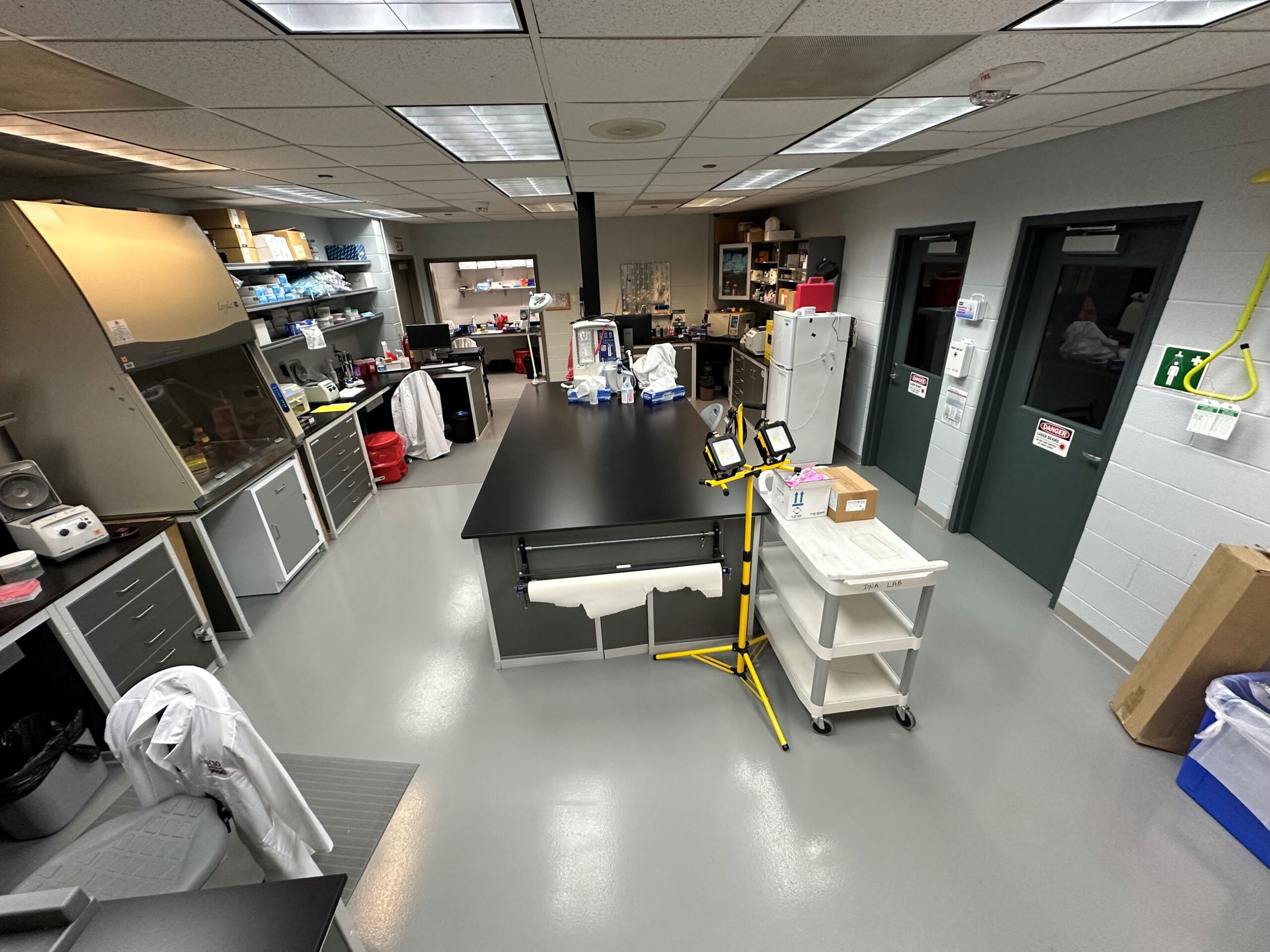Many Americans are facing financial uncertainty, but for seniors relying on Social Security Income (SSI), recent changes offer some relief. A series of significant updates to SSI, announced by the Social Security Administration (SSA), aims to ease financial burdens for many recipients.
SSI provides essential monthly payments to those over 65 with limited financial resources, as well as to adults and children with severe disabilities. The payments are used to cover basic needs such as medication, food, and rent. Eligibility for SSI is income-dependent, with strict guidelines that have long been a barrier for many potential beneficiaries.
However, in a press release on September 30, Social Security Commissioner Martin O’Malley shared several changes designed to simplify the SSI application process and expand access.
Key Updates to SSI
- Expansion of SNAP Benefits Consideration: The SSA will now include Supplemental Nutrition Assistance Plan (SNAP) benefits as a recognized form of public assistance. This change allows more households to qualify as public assistance households, even if not every household member receives public assistance.
- Exclusion of Food from In-Kind Support Calculations: Previously, informal food assistance could reduce a person’s SSI payments, as food was considered part of the In-Kind Support and Maintenance (ISM) calculations. This change eliminates food from those calculations, meaning recipients who receive food help from friends, family, or community sources won’t see a reduction in their SSI eligibility or payments.
- Nationwide Rental Subsidy Expansion: Previously, only seven states had a rental subsidy program in place for SSI recipients. This program, which shields individuals from ISM reductions when they pay a certain amount of rent, will now be extended nationwide.
These reforms, combined with the expanded SNAP eligibility, should provide significant financial relief to many seniors and disabled individuals across the country.









